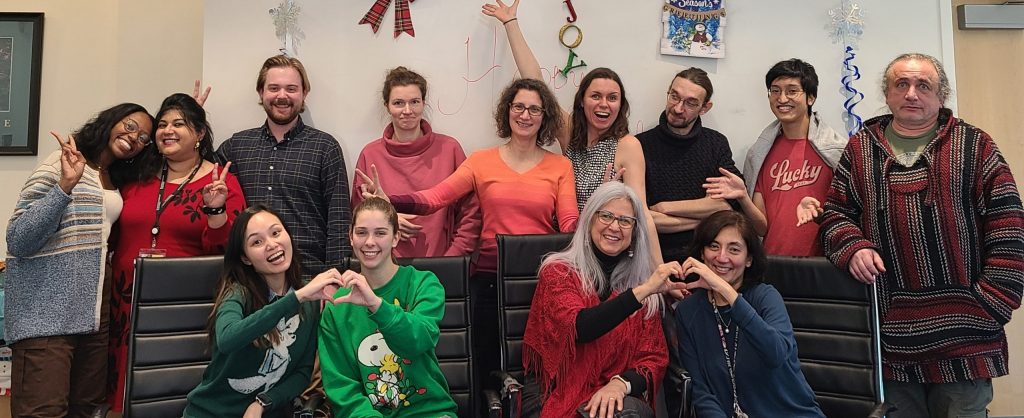
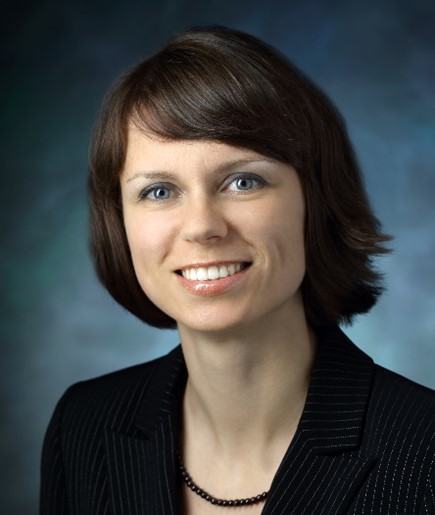
Daria Gaykalova, PhD
Dr. Gaykalova received her B.S. and M.S. from Moscow State
University and a PhD in Cellular and Molecular Pharmacology from University of
Medicine and Dentistry of New Jersey. She is currently an Associate Professor
at University of Maryland, Baltimore (UMB) School of Medicine – Institute for
Genome Sciences. As a cancer biologist with a background in pharmacology, the
ultimate goal of Dr. Gaykalova is to develop novel cancer therapies,
particularly for tumor types that lack effective disease-specific treatment
options, such as head and neck squamous cell carcinoma (HNSCC). She heads the
translational laboratory, which defines the functional role of epigenetics in
the regulation of expression of canonical and alternatively spliced
transcripts. Her team had recently characterized the landscape of the
cancer-specific alternative splicing events (ASE) in HNSCC and defined their
potential role in cancer formation. Moreover, the preliminary data in her group
suggest that chromatin, and in particular enhancers, have a regulatory role in
the expression of cancer-specific ASE isoforms. Dr. Gaykalova supposes that
both of these processes (splicing and chromatin remodeling) can be
therapeutically controlled. Such a potential therapeutic strategy can form the
basis for developing effective disease-specific therapeutics for this disease.
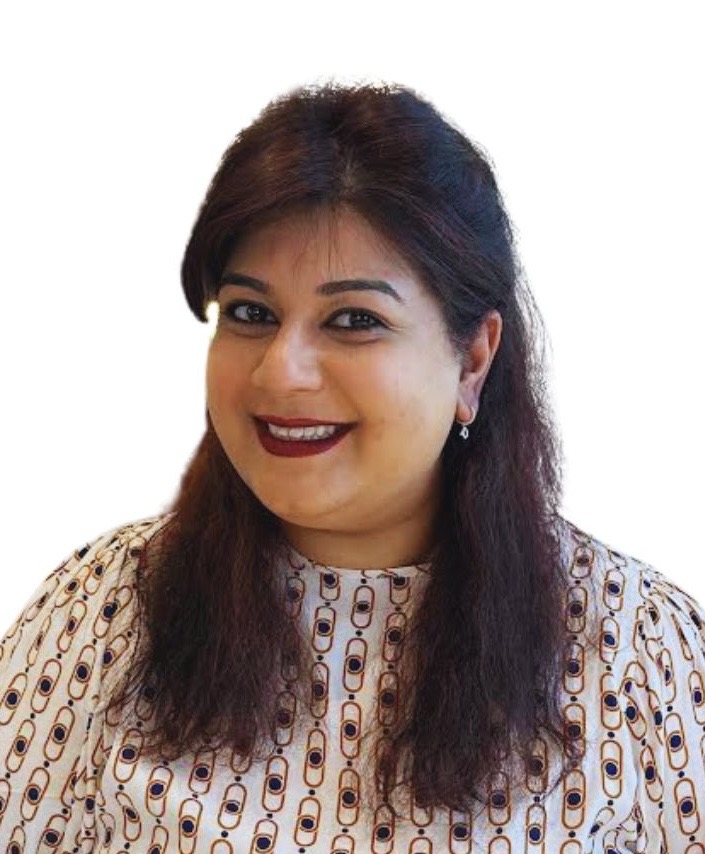
Ishita Gupta, PhD
Dr. Gupta obtained her undergraduate degree in Genetics and
master’s in Molecular Medicine and Cancer Research from Brunel University. She
then completed her PhD in Genetics from Sultan Qaboos University, Oman under
the supervision of Dr. Yahya Tamimi. Her doctoral research aimed at identifying
and validating genes involved in the pathogenesis of breast and ovarian cancers
using robust techniques including microarray and chromatin immunoprecipitation,
respectively. She joined Prof Ala-Eddin Al Moustafa’s lab at the College of
Medicine of Qatar University as a postdoctoral fellow, where she explored the
role of oncoviruses (HPV and EBV) and their crosstalk in different types of
cancers, using tissue microarray and in-vitro models. She then joined in Dr.
Cristina Maccali’s lab at Sidra Medicine, Doha, Qatar, where she was involved
in the molecular profiling and phenotypic characterization of tissue biopsies
from inflammatory bowel disease and colorectal cancer samples through gene and
miRNAs expression to identify candidate molecules and/or signaling pathways
underlying the stemness driver that mediates cancer onset and progression, as
well as resistance to therapeutic treatment. In September 2023, Dr. Gupta
joined Gaykalova’s lab as a Senior Postdoc where she employs epigenetic
techniques to unravel the intricate molecular mechanisms driving head and neck
squamous cell carcinoma (HNSCC) carcinogenesis and to identify novel
therapeutic targets that can transform the landscape of HNSCC treatment.

Andrey Loginov, PhD
Dr. Loginov completed his education at Moscow State
University, where he obtained a Bachelor’s, Master’s, and PhD in Seismometry
and Geoacoustics. His doctoral research focused on seismic data analysis and
the development of algorithms for geological applications. After completing his
PhD, Dr. Loginov transitioned into the tech industry where he was involved in
software development, data analysis, and developing machine learning algorithms
for various areas and applications. In recent years, Dr. Loginov shifted his
focus to the field of bioinformatics, joining the University of Maryland School
of Medicine, Institute of Genome Sciences. He has focused on the analysis of
genetic data related to Head and Neck Squamous Cell Carcinoma (HNSCC), with
specific projects investigating the role of the HOXC6 gene in HPV-related HNSCC
and exploring the chromatin and transcriptional landscape alterations in this
cancer type.
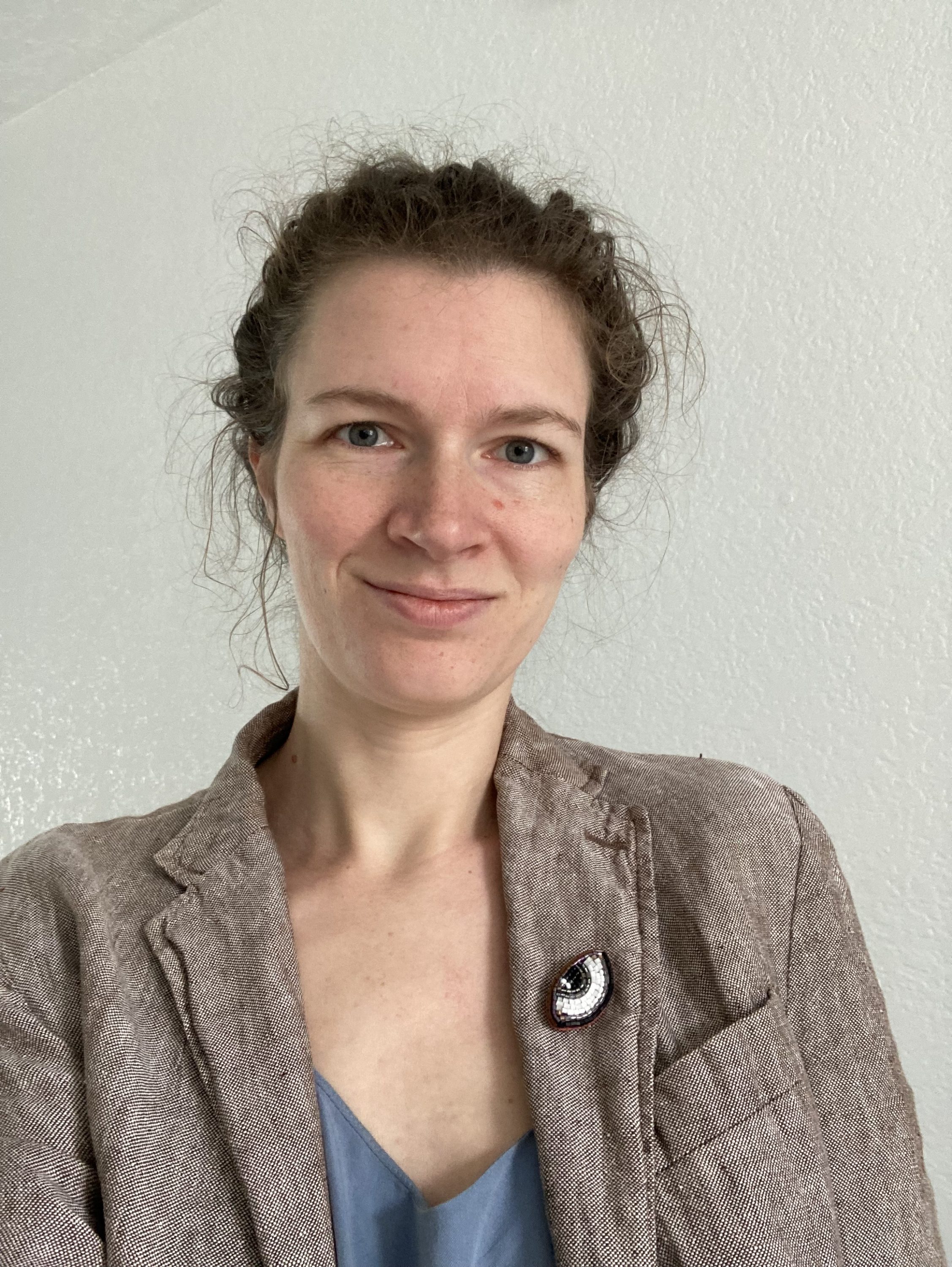
Vera Mukhina, MS
Vera obtained her bachelor’s and master’s degrees in botany
from Moscow State University, then shifted to bioinformatics working as the
main analyst on projects with topics including horizontal gene transfer,
plastid evolution and genetic diversity of indigenous cattle breeds. She also
contributed to sequencing data analysis for multiple sclerosis and head and
neck cancer research. In 2021, she joined the Gaykalova Lab as a
bioinformatician, focusing on the analysis of long- and short- read data from
WGS, RNAseq, ChIP-seq, and Hi-C experiments for various lab projects.
Currently, her primary focus is on investigating complex genomic rearrangements
induced by the papillomavirus, particularly on extrachromosomal DNA, and their
impact on tumors.

Diane Terry, MS
Diane Terry completed bachelor’s degrees in Biology and in
Chemistry at University of California, Irvine and a master’s degree in Chemical
Engineering at Columbia University, New York. She then had a successful
chemical engineering career, which resulted in many technical and business
leadership roles, including her final role as Global Director of Strategic
Marketing at Wacker Chemie. In spite of having an interesting career, she had
an intense and ongoing interest in biomedical research and so decided to pursue
the knowledge and training needed to contribute to cancer research. She entered
the University of Maryland Baltimore Masters in Cellular and Molecular
Biomedical Sciences program, and after the first semester she applied to the
PhD program and was accepted. Currently she is a PhD candidate in the Molecular
Medicine Cancer Biology program. Her thesis research work involves both wet and
dry (bioinformatics) work. She is investigating the interplay of intergenic
mutations, chromatin organization aberrations impacting enhancers and resulting
gene expression changes in oral squamous cell carcinoma.
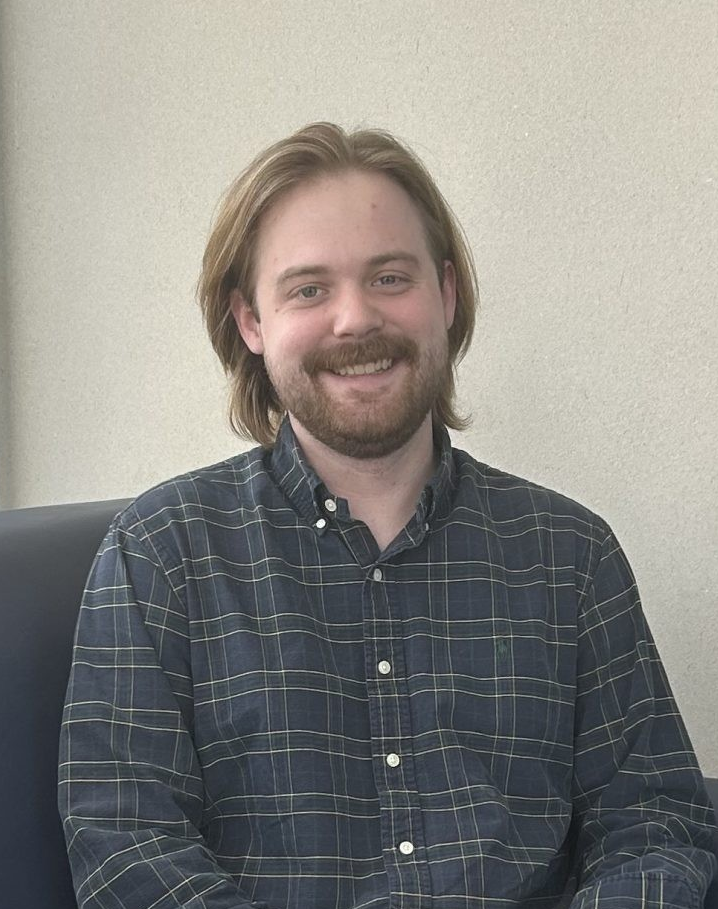
Ian Mills, BS
Ian graduated from Clemson University in 2018 with a
Bachelor of Science in Microbiology. Afterwards, he moved back to Baltimore and
started to gain research experience in several labs, including the small
molecule metabolic inhibition of Glioblastoma multiforme under Dr. Eli Bar. His
interest in cancer research led him to stay at the University of Maryland
Baltimore for graduate school. He is currently a graduate student in the
Program in Molecular Medicine, Cancer Biology track. He joined the Gaykalova Lab
in the summer of 2023 and is interested in research at the intersection of
epigenetics and cancer immunology in HNSCC.
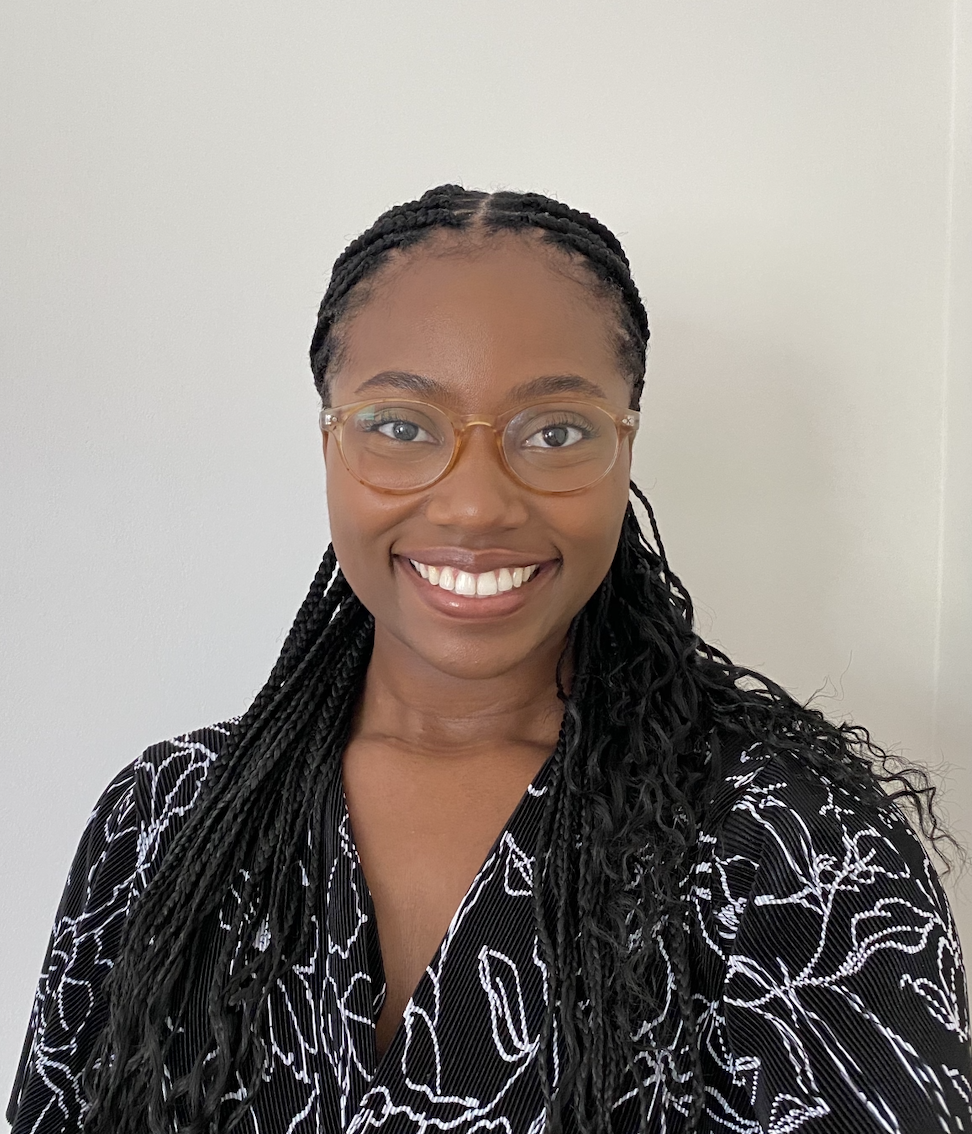
Madeleine Ndahayo, MS
Maddy earned her bachelor’s degree in Biological Sciences at
the University of Maryland, College Park. She is currently a graduate student
in the Cellular and Molecular Biomedical Sciences program and joined the
Gaykalova Lab in the summer of 2023. Interested in studying health disparities
in head and neck squamous cell carcinoma, her work focuses on the biological
factors that contribute to low survival rates among the African American
population. In her free time, she enjoys cooking, crocheting, and exploring new
places.
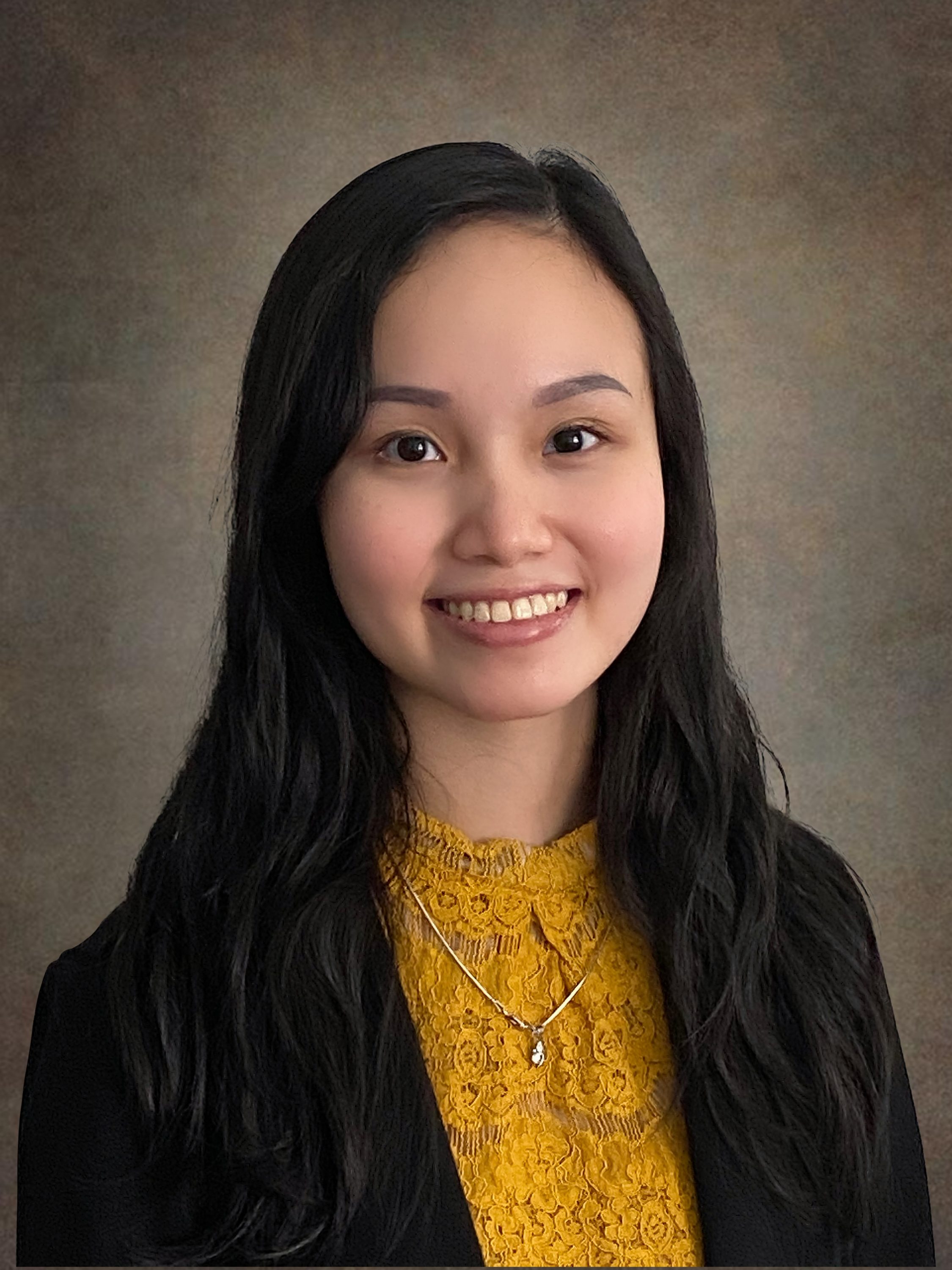
Helen Nguyen, BS
Helen is a medical student at the University of Maryland School of Medicine. She completed her undergraduate studies in Bioengineering at Clemson University in 2019. Following graduation, Helen worked as a Research Technologist in the Elisseeff lab to investigate tissue engineering and regenerative immunotherapies. In May 2023, Helen joined the Gaykalova lab, where her current research revolves around identifying biomarkers for predicting clinical outcomes in head and neck cancer. Beyond her academic pursuits, Helen enjoys various activities during her free time, including hiking, baking, playing the piano, and exploring diverse culinary experiences in Baltimore.
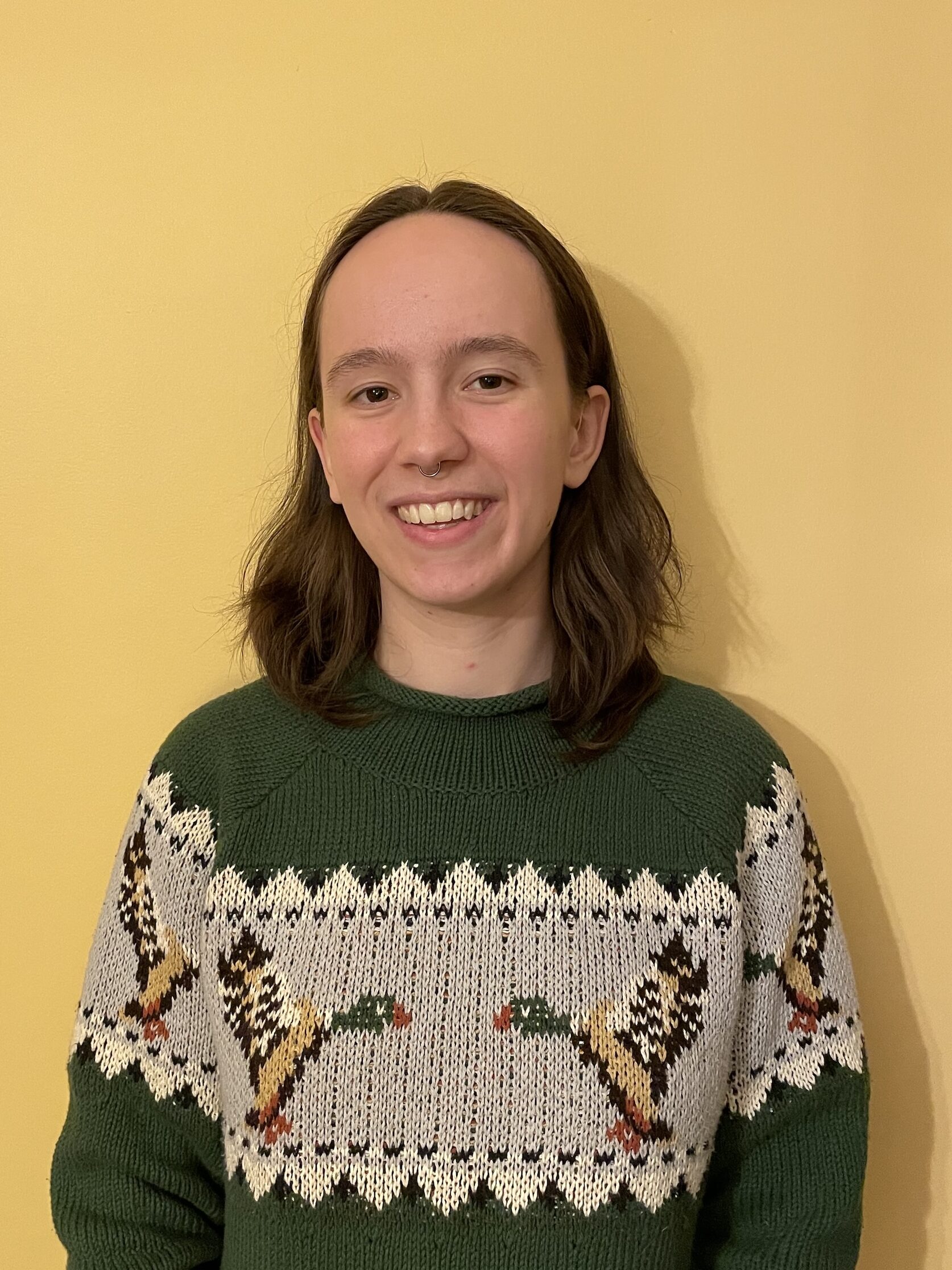
Olive Beyer, BS
Olive attended the University of Maryland, Baltimore County, where she earned her bachelor’s degree in Biochemistry & Molecular Biology. In the Spring of 2025, she joined the Gaykalova lab as a laboratory research assistant. In addition to lab management duties, she is working on a variety of projects that include bioinformatics data analysis, sample processing, and HPV testing. In her free time, she enjoys knitting, baking, and reading.
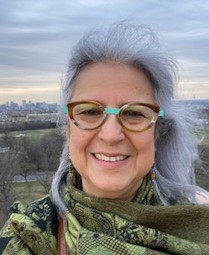
Simy Buckwold, MS
Simy, originally from Peru, possesses a background in biology and biochemistry. For her Master’s thesis at the University of Southern California (USC), she focused on the characterization and effects of fibrolase isoforms found in copperhead snake venom. She also examined their sensitivities to EDTA and their impact on blood coagulation. Simy extended her academic pursuits to explore the antigenicity and immunogenicity of the flanking amino acid residues of cytotoxic T-lymphocytes epitopes for vaccine development. Simy joined the Division of Infectious Diseases at Johns Hopkins University, where she studied the toxin of the common bacterium Bacteroides fragilis (BFT). She then transitioned to the Division of Head and Neck Cancer Research in the Department of Otolaryngology, where she managed the daily operations of eleven Principal Investigators’ laboratories. Simy participated in the establishment of Dr. Daria Gaykalova’s genomic research laboratory, serving as the laboratory inventory manager. In this role, she aids in safety training initiatives, develops administrative and safety Standard Operating Procedures (SOPs) to secure smooth operations, and assists in negotiating lab equipment and supplies. In her healthcare administration position at Johns Hopkins Howard County Medical Center, she serves as a patient access specialist in both English and Spanish. Beyond her professional responsibilities, Simy volunteers extensively in her community, providing companionship and assistance to seniors through the AmeriCorps Program, and guiding youth in their pursuit of scientific knowledge.